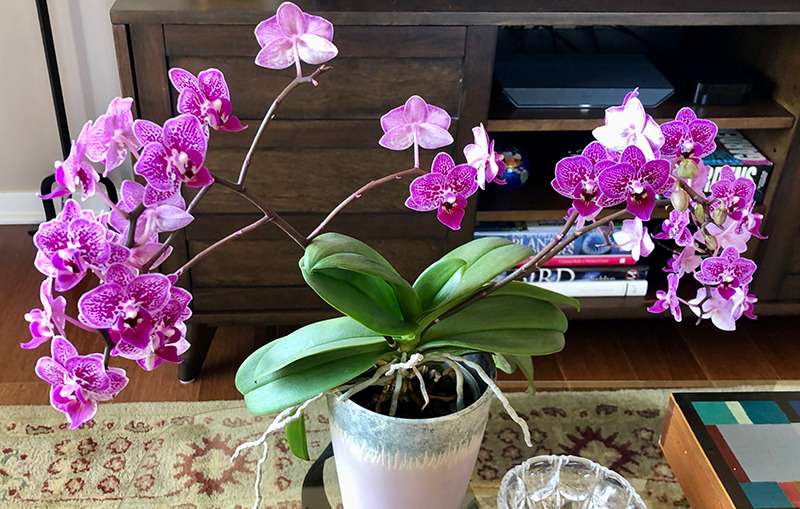Here at the Center for International Environmental Law (CIEL), we know our strength comes from the people who make up our movement — from our staff, to our partners, to our steadfast supporters. Our “Meet Our Staff” series will introduce you to some of our amazing staff members, who work behind the scenes every day to defend the right to a healthy environment.
Jeff Wanha is CIEL’s Chief Financial Officer. Jeff is an integral part of the work we do. Read on to learn more about Jeff’s reflections on the changes he’s seen within CIEL over the past twenty-four years, his path to joining CIEL, and more.
Q: Tell us about the work you do at CIEL.
Jeff: I’m the Chief Financial Officer here at CIEL. In that role, I have performed multiple tasks, including overseeing administration, personnel, and, of course, accounting and finance.
Q: What did you do before joining CIEL’s staff?
J: I have a degree and past life in chemistry, where I worked for seven years as a quality control chemist at an environmentally polluting agri-chemical company. After two years of hating my job as a chemist, I went back to school part-time for five years to get my accounting degree and my CPA. As I changed careers, I made the conscious choice to work for a more heartfelt cause in the nonprofit sector. Since getting my accounting degree and CPA, I have worked in public housing, with a labor think-tank, with an HIV related organization, and I’ve been working with CIEL for almost twenty-four years now.
Q: What changes have you seen at CIEL over the past twenty-four years?
J: CIEL has evolved, grown, and matured in so many ways. Throughout its history and growth, it hasn’t strayed from its core values. The issues and values that CIEL held twenty-four years ago are still central to its core mission. Organizationally, the governance style of CIEL has shifted dramatically since I first started. When I first joined CIEL, we had “board members for life,” the general staff were not invited to board meetings, and I barely met the board as they passed by my office on their way to meetings. Fortunately, this has changed over time. There are no longer “board members for life,” and like the staff, the composition of the board has diversified, and the board has welcomed and encouraged staff participation. It’s also much more transparent, mirroring the values we support.
Q: Why do you think the work you do/CIEL does is important?
J: Personally, my two most heartfelt issues have always been human rights and the environment. While I have a desk job, I have the benefit of being able support just about anything I choose. So in my work, being able to support these two crucial issues makes all the difference in the world to me, especially on days when the work is challenging, and the issues are financially complex. The thing that makes me most proud about working at CIEL is the critical impact that our work has had both in the US and abroad.
Q: For someone who’s looking to make an impact for the environment, what do you think are the best ways to get involved?
J: As with every issue, it always starts at home by asking: “What is my realm of influence?” If I’m not practicing my values within my realm of influence, then I’m not going to have an impact in the world beyond. I’m not directly involved in the policy arena, so my impact is within the office where I work, and at home with my husband and friends. My husband Juan didn’t start out particularly environmentally conscious, so it’s been interesting trying to bring him up to speed and show him how important it is to me. Other than that, in DC, whenever there is a demonstration in support of human rights or the environment, I am there and often my husband is there beside me, which means a lot.
Q: What do you like to do in your free time?
J: I love to hike. During the pandemic, especially early on while my gym was closed, I would go out on urban hikes, averaging 120 miles/month. I also love gardening. I live in a condo and don’t have access to outdoor gardening, but I have about a dozen orchids that I nurture and most of them bloom at least once a year. A few of them are overachievers, blooming for eight to ten months at a time.
Q: If your coworkers were to give you a superlative award (e.g., most likely to succeed, most likely to brighten your day), what would it be?
J: I think accountants have a reputation for being rigid and not always easy to work with, and so I think my coworkers might say that one of my greatest attributes as Chief Financial Officer is that, despite this general reputation for accountants, I tend to be collaborative, flexible, and generally patient with them.

Interviewed by Owen Torrey, Communications Intern
Originally posted on March 10, 2022


